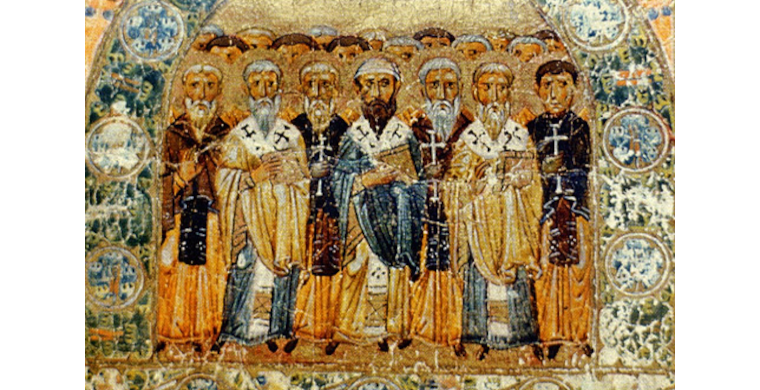THE GREAT TRADITION...NOT
By Chuck Collins
www.virtueonline.org
June 24, 2024
When an Anglican leader invokes "the great tradition" as their authority, look out! This is code for: "I have put aside sola Scriptura, and any definition of Anglicanism that is grounded in the recognized formularies of our church (the confessional documents we have believed and subscribed to for the entirety of our history!).
It's code for, "I have surrendered to the conciliar view of Anglican identity that rests in the councils of the church - that the canon of Scripture is the product of those councils and therefore somehow subject to the church and tradition - that, in the end, our theology and worship rests on some amorphous kind of Vincentian Canon (Vincent of Lerins): what was believed everywhere, always, and by all.
There is nothing "Anglican" about this definition. It reeks of special pleading by some special interest groups who wish to impose a Medieval Catholic and Anglo-Catholic view on a church that confessionally sees the Bible as perspicuous and containing all things necessary for salvation (Article VI), which teaches that the Bible provides a commentary on the Bible such that one passage cannot be interpreted as to render another part repugnant (XX), and which places tradition, the creeds, and councils under, and subject to, the authority of God's inspired Word (VIII; XX; XXI). Invoking the great tradition makes Scripture less than primary, and as Cyprian of Carthage (3rd century father) warned: "an ancient tradition can just be an old mistake."
This doesn't mean that tradition has no role to play. It does! Throughout the centuries tradition has meant the process of passing on and handing down - "For what I received I passed on to you..." (1 Cor 15:3). Alister McGrath tells us that, "Tradition is a willingness to read Scripture, taking into account the ways in which it has been read in the past" - the interpretation of Scripture over time. J. I. Packer stated, "Tradition allows us to stand on the shoulders of many giants who have thought about Scripture before us," and then he added this caveat: "Scripture must have the last word on all human attempts to state its meaning, and tradition, viewed as a series of such human attempts, has a ministerial rather than a magisterial role."
When someone says, "I'm an Anglican, but not the reformation kind" or "I'm a Great Tradition Anglican," or "I choose my identity as an Anglican from the breadth of our tradition, including the 17th century rise of ritualism and moralism, the romanticism of the 18th and 19th centuries, and the measure of human reason in the 20th century," they are basing their religious identity on what feels good. And if there is no anchor on the landscape of our 500 year history (2,000 year history!) beyond me and my personal preferences, "Anglicanism remains," as William James described it, "obese and round and comfortable and decent with this world's decencies, without one acute note in its whole life or history."
The alternative, of course, is the expression of Anglicanism that has been accepted and affirmed for almost all of our history, by evangelicals and high churchmen alike, and is still officially subscribed to in most of the Anglican Communion. Anglicanism is firmly based on the inspiration and primacy of Holy Scripture as it is upheld, understood, and protected in the Thirty-nine Articles, in the two books of Homilies, and in the 1662 Book of Common Prayer. This is an expression of orthodox Christianity that is thoroughly biblical, theologically reformed and confessional, pastorally generous, and liturgically beautiful. This is only weakened, perhaps one day weakened beyond repair, when we try to impose new ways to describe Anglican identity that fit our personal tastes.
END














